News

Gone fishing: highly accurate test for common respiratory viruses uses DNA as ‘bait’
Research supported by NIHR Cambridge BRC has led to a new test that ‘fishes’ for multiple respiratory viruses at once using single strands of DNA as ‘bait’, giving highly accurate results in under Read more
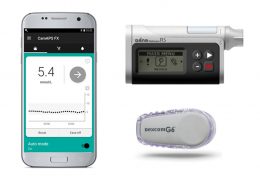
Artificial pancreas successfully trialled for use by type 2 diabetes patients
Cambridge researchers have successfully trialled an artificial pancreas for people living with type 2 diabetes. Read more

Professor Krishna Chatterjee awarded a CBE
Professor Krishna Chatterjee, director of NIHR Cambridge Clinical Research Facility, has been awarded a CBE in the King’s New Year Honours.Read more

Cambridge researchers launch study to investigate the impact of neonatal intensive care on premature babies’ sleep patterns and brain development
Cambridge researchers funded by Action Medical Research and the NIHR Cambridge BRC are investigating the impact interruptions in sleep cycles – such as loud noises – have on the development of brain activity Read more
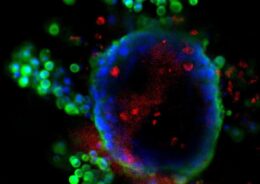
Off-patent liver disease drug could prevent COVID-19 infection
Cambridge scientists have identified an off-patent drug that can be repurposed to prevent COVID-19 – and may be capable of protecting against future variants of the virus – in research part-funded by the Read more
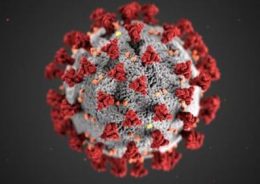
Blood thinning drug to treat recovery from severe Covid is not effective
A Cambridge-led trial has found that a drug used to reduce the risk of blood clots does not help patients recovering from moderate and severe Covid.Read more

Cambridge researchers listed among world’s most influential researchers
Congratulations to our NIHR Cambridge BRC theme leads who have been named in the Clarivate listings of the ‘world’s most influential researchers.’Read more

Cambridge researchers develop safe, affordable device for prostate cancer diagnosis
A new medical device developed at Addenbrooke’s and supported by the NIHR Cambridge BRC and NIHR Cambridge Clinical Research Facility aims to reduce the risk of infection in prostate patients – and save Read more

High blood pressure is directly linked to severe COVID-19
A new study has shown people with high blood pressure are more likely to be admitted to hospital or die from COVID-19, regardless of other factors such as age, sex, ethnicity or BMI.Read more
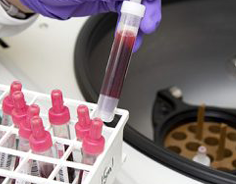
World-first trial to transfuse lab-grown red blood cells is underway in Cambridge
Red blood cells that have been grown in a laboratory have now been transfused into another person at the NIHR Cambridge Clinical Research Facility in a world first clinical trial. Read more
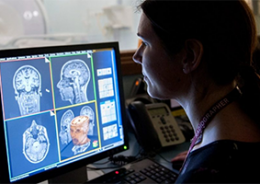
Cambridge BRC receives £86.2 million to translate research discoveries into new treatments for patients
The NIHR has awarded £86.2 million to NIHR Cambridge Biomedical Research Centre investigators to continue their ground-breaking research, translating new scientific insights into state-of-the-art diagnostics and treatments to transform healthcare. Read more

Dementia signs detected as early as nine years ahead of diagnosis
Cambridge scientists have shown that it is possible to spot signs of brain impairment in patients as early as nine years before they receive a diagnosis for one of a number of dementia-related diseases.Read more

Referrals to long COVID clinic fell by 79% following roll-out of the vaccine
Referrals to Cambridge’s long COVID clinic fell dramatically in the period August 2021 to June 2022, which researchers say is likely due to the successful rollout of the vaccine. Read more
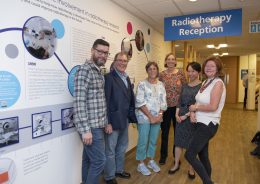
Celebrating the role of patients in improving radiotherapy services
A new display in Addenbrooke’s Hospital highlights how patients have helped shape radiotherapy treatment.Read more
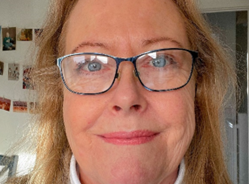
Welcome to our new Patient and Public Involvement coordinator
Gail will be helping researchers design PPI plans for their studies and run training sessions. Read more

Large number of stem cell lines carry significant DNA damage, say researchers
Cambridge researchers say detailed genetic characterisation including whole genome sequencing can help ensure safety of cell-based therapies.Read more

Hundreds more to join Covid study to help protect most at risk
Up to 1,700 more patients from across the UK are being asked to join an Addenbrooke’s led drug trial, to help find ways of protecting those with poor immunity from catching Covid.Read more
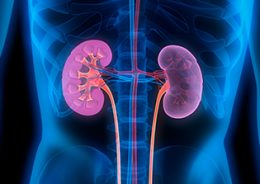
Research reveals how genetic mutations cause kidney cancer
Researchers at the University of Cambridge have shown that genetic mutations associated with kidney cancer rely on factors that regulate normal kidney cells in order to develop into cancer cells.
The study suggests Read more

Heart surgery delays will cost lives, warns research
Urgent action is needed to clear the backlog of people waiting for treatment for severe aortic stenosis as a result of the Covid-19 pandemic.Read more

Cambridge researchers to receive nearly £4m to tackle cancer roadblocks
NIHR Cambridge BRC researchers are among the Cambridge scientists to receive £3,938,500 as part of Cancer Grand Challenges, a major initiative co-founded by Cancer Research UK and the National Cancer Institute in the Read more


